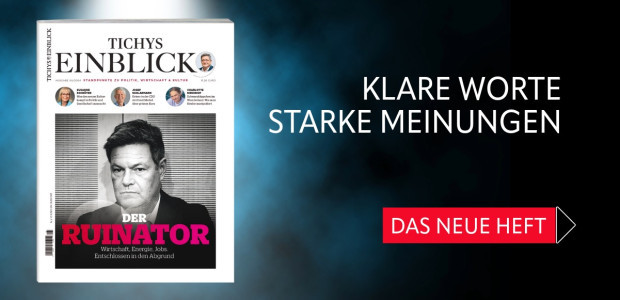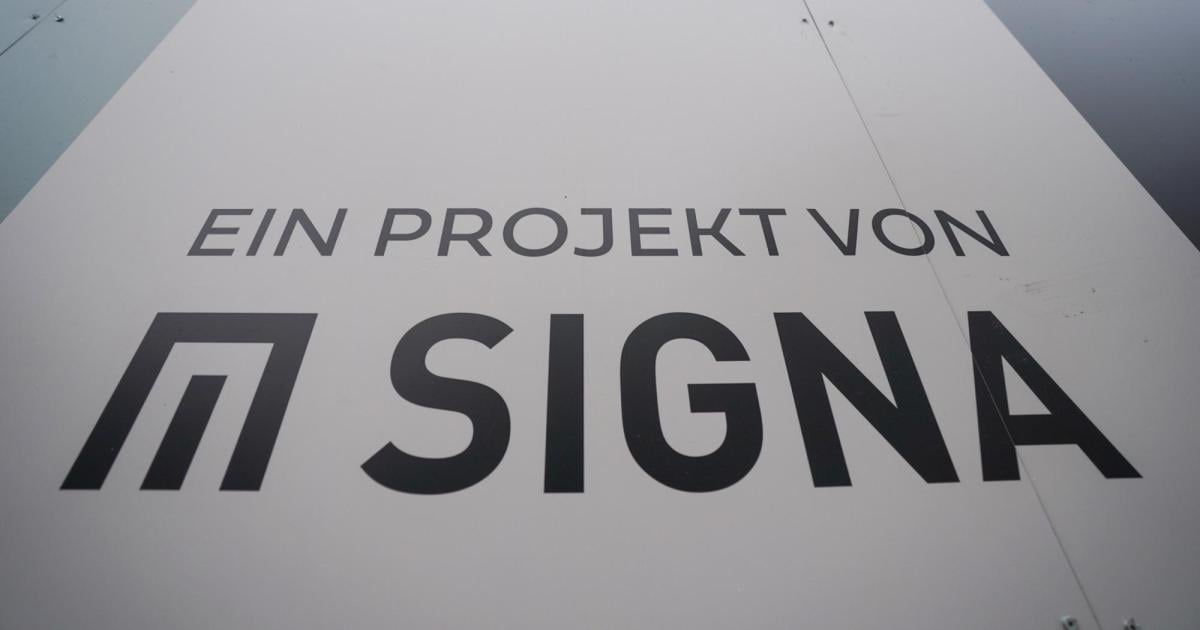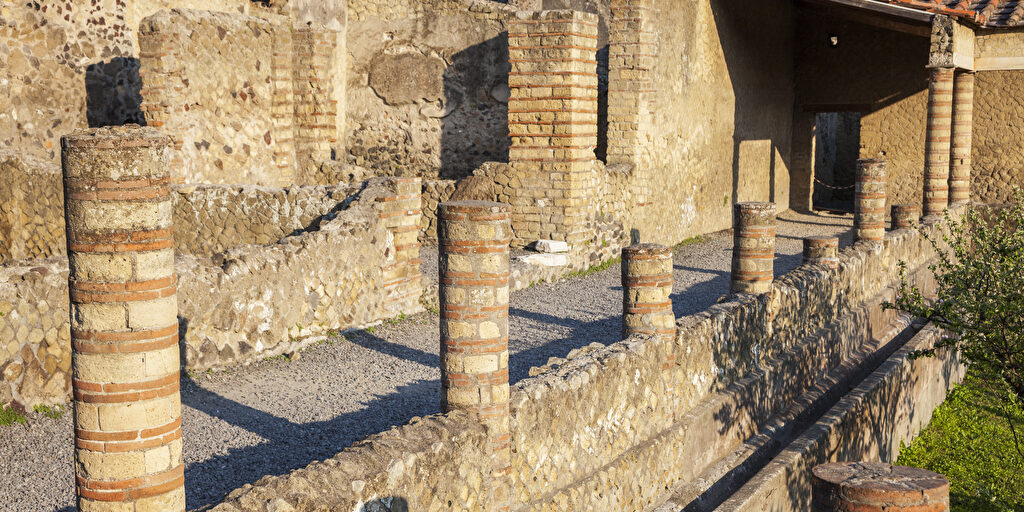Manuscripts buried by lava nearly 2,000 years ago and remaining “untouched” are now being deciphered – thanks to artificial intelligence!
Artificial intelligence revives ancient texts from Herculaneum: uncovering buried manuscripts.
Photo: Panther Media/Bankrot (YAYMicro)
In AD 79, Phila was buried in Herculaneum by a volcanic eruption, including her library of hundreds of papyrus scrolls. Modern experts are now using X-ray technology and artificial intelligence to read texts and make them readable.
Scientists led by computer scientist Brent Sales of the University of Kentucky revealed cross-sectional images of charred scrolls from the ancient city of Herculaneum at a press conference.
As part of the “Vesuvius Challenge” competition, Luc Varitor and Youssef Nader, two computer science students, were able to decode the hidden text. Using specially trained artificial intelligence models, they were able to recognize individual letters and even the first word in X-ray CT images of a charred manuscript from Herculaneum.
Preserved preserved manuscripts
It is important to note that compared to other manuscripts, this manuscript comes directly from antiquity. Because it has not been copied many times and passed down to our time in this way. This nearly 2,000-year-old manuscript has not been copied or edited.
As previously mentioned, the scanned scroll originally came from the library of Villa dei Papari, an ancient estate in Herculaneum, which lies at the foot of Mount Vesuvius. When the volcano erupted in 79 AD, this site was buried along with the neighboring city of Pompeii. Due to its proximity to the mountain, Herculaneum was not only buried by volcanic rock, but was also engulfed by hot mudslides. The manuscripts were charred by the ambient heat and were preserved in the volcanic mass that later turned into stone.
CT scan taken with a particle accelerator
High-resolution CT scans previously performed by Brent Sells and his team using a particle accelerator made it possible to recognize multiple letters and even an entire word in a small area, Spectrum reports. Students Luc Varietor and Youssef Nader independently decrypted the same website using artificial intelligence algorithms and arrived at the same result.
An ancient Greek word appears next to the individual letters, perhaps meaning “purple,” “purple clothing,” or “purple dye.”
The full context of the examined pass has not yet been recorded. However, based on previous knowledge about the library in Herculaneum, researchers assume that it is a philosophical text from the Epicurean school.
When and how were the roles found?
In 1750, after construction workers stumbled upon the villa’s mosaic floor while building a well, King Charles VII of Naples and Sicily commissioned workers to dig tunnels through the building. During these excavations, workers also found hundreds of charred scrolls, almost all of the “pages” bound together. But so far all efforts to dismantle the charred papyrus scrolls have failed. As a result, half of the book’s approximately 800 manuscripts were shattered into pieces.
The idea of using X-ray technology to search for texts came about in 2002. At that time, several research groups began examining samples using modern X-ray imaging, but always to no avail. The failure was caused by the ink, which consisted mainly of carbon pigments. It did not create any discernible “shadows” on the charred papyrus through X-ray absorption. Brent Sales, head of EDUCElab at the University of Kentucky, has struggled with this problem for 20 years, and wondered whether it might be possible to have a trace of ink in CT images, especially high-resolution ones. Perhaps scanning could pick up 3D structures that come from the ink. And it worked.
the Vesuvius challenge It continues until the end of this year. The grand prize of $700,000 will be awarded to the person who can successfully decipher four different sections of text containing at least 140 characters.

“Food practitioner. Bacon guru. Infuriatingly humble zombie enthusiast. Total student.”







More Stories
Von der Leyen fights for her political survival in a lively debate
16 Amazon trucks were set on fire during Walpurgis Night in Berlin
The G7 wants to get rid of coal